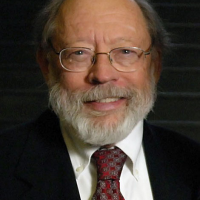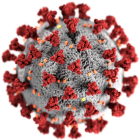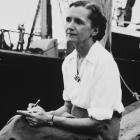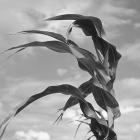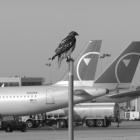About the exhibition
In this virtual exhibition, historian Donald Worster explains how human relations with other animals, wild and domestic, is at the core of a majority of epidemics. In the face of the current coronavirus crisis, he argues that an exclusive focus on human life and economy will keep neither the planet nor ourselves healthy. We must decide “whether we humans can or want to restore and protect the health, not just of ourselves, but also of the planet.”
This essay is licensed CC BY-NC-SA 4.0 International by Donald Worster. For the images, individual licenses apply (click on an image for more information).
The author wishes to thank Professor Shen Hou of Renmin University of China for editorial advice and publication help, including translation into Mandarin of an earlier version, published in 中華讀書報 (China Reading Weekly).
About the author
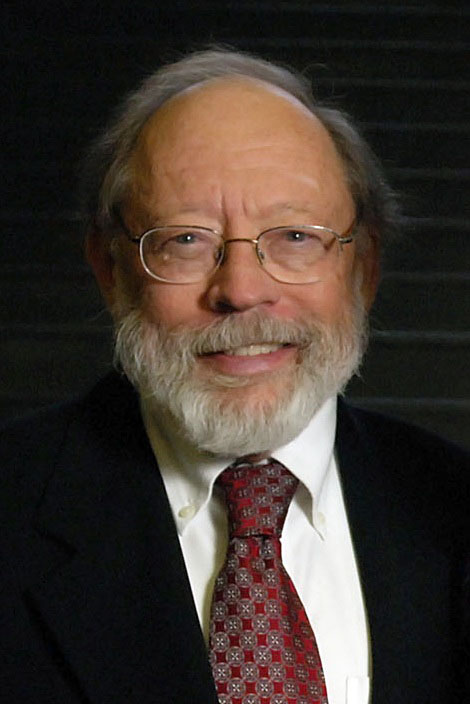
Rachel Carson Center
The copyright holder reserves, or holds for their own use, all the rights provided by copyright law, such as distribution, performance, and creation of derivative works
The copyright holder reserves, or holds for their own use, all the rights provided by copyright law, such as distribution, performance, and creation of derivative works.
Donald Worster is one of the founders of, and leading figures in, the field of environmental history. He is currently Distinguished Foreign Expert and senior professor in the School of History of Renmin University of China. Before coming to Beijing, Worster held the position of Hall Distinguished Professor of American History at the University of Kansas from 1989 until his retirement.
Worster has been active in environmental history since the early 1970s, in the United States and other parts of the world. In 1971, he completed his Ph.D. at Yale University, where he studied the history of ecology, environmental literature, intellectual history, and the history of the American West. Formerly the president of the American Society for Environmental History, Worster has served on a number of editorial boards, and, for more than two decades, has been founding editor for the Environment and History book series published by Cambridge University Press. He is an elected member of the Society of American Historians and the American Academy of Arts and Sciences. In 2011 and 2013 he was a Fellow at the Rachel Carson Center for Environment and Society at LMU Munich.
Worster’s books include Nature’s Economy: A History of Ecological Ideas; Dust Bowl: The Southern Plains in the 1930s; Rivers of Empire: Water, Aridity, and the Growth of the American West; A River Running West: The Life of John Wesley Powell; and A Passion for Nature: The Life of John Muir; along with several books of collected essays including The Wealth of Nature: Environmental History and the Ecological Imagination. His current research focuses on two projects: Darwinian and post-Darwinian science and the concept of adaptation as theoretical bases for environmental history, and the twin, competing themes of natural abundance and scarcity in American and modern world history.
How to cite:
Worster, Donald. “Another Silent Spring.” Environment & Society Portal, Virtual Exhibitions 2020, no. 1 (22 April 2020). Rachel Carson Center for Environment and Society. doi.org/10.5282/rcc/9028.
The Environment & Society Portal’s Pandemics in Context page offers a growing collection of open-access resources (analyses, primary sources, and digital resources) that help put pandemics in ecological and environmental humanities contexts. The gallery below highlights open-access multimedia resources for reading, learning, listening, and viewing.

Rachel Carson’s Silent Spring, a Book that Changed the World
This exhibition presents the global reception and impact of Rachel Carson’s Silent Spring. On one side are the attacks that began even before a word was printed, as well as the vilification of the present day. On the other is found the equally persistent admiration and support for Carson and her book from scientists, policymakers, activists, and the general public. Portions of the exhibition rely on quite thorough and extensive documentation, particularly for the United States, where Silent Spring had its earliest and greatest impact. Other sections go beyond previous accounts to emphasize popular culture, music, literature, and the arts. They also give equal weight to the book’s international legacy.

“Pangolins And Pandemics: The Real Source Of This Crisis Is Human, Not Animal”
Starting with the trafficking of the scaly anteater, philosopher, writer, and former Rachel Carson Fellow Thom van Dooren explains how the current pandemic is a symptom of a broader problem: “an increasingly dysfunctional relationship between human communities, other animals, and the broader environment.” Thom van Dooren, “Pangolins And Pandemics: The Real Source of This Crisis is Human, Not Animal,” newmatilda.com (22 March 2020).
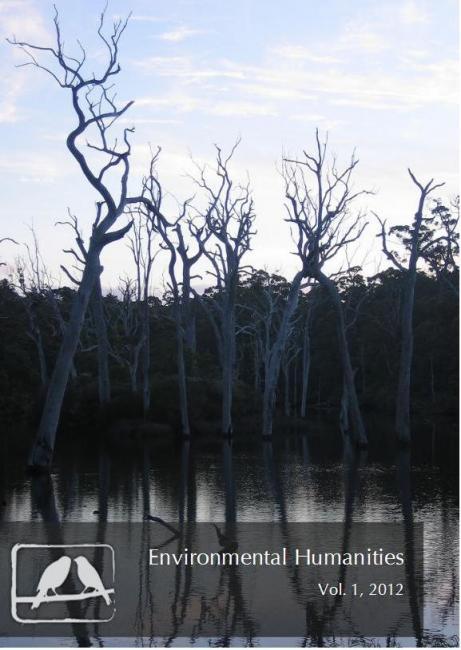
“Risky Zoographies: The Limits of Place in Avian Flu Management.”
Global anxieties about avian influenza stem from a growing recognition that highly-virulent, highly-mobile disease vectors infiltrate human spaces in ways that are difficult to perceive, and even more difficult to manage. The article analyses a participatory health intervention in Việt Nam to explore how avian influenza threats challenge long-held understandings of animals’ place in the environment and society. In this intervention, poultry farmers collaborated with health workers to illustrate maps of avian flu risks in their communities. The divergent risk maps emerging demonstrate how ecological factors, interpersonal networks, and global market dynamics combine to engender a variety of interspecies relationships, which in turn shape the location of disease risks in space. The term risky zoographies is developed to signal the emergence of competing descriptions of animals and their habitats in zoonotic disease contexts. This concept suggests that as wild animals, livestock products, and microbial pathogens continue to globalise, place-based health interventions that limit animals to particular locales are proving inadequate. Risky zoographies signal the inextricability of nonhuman animals from human spaces, and reveal interspecies interactions that transect and transcend environments.
(Adapted from the author’s abstract.)
Porter, Natalie. “Risky Zoographies: The Limits of Place in Avian Flu Management.” Environmental Humanities, vol. 1 (November 2012): 103–21.
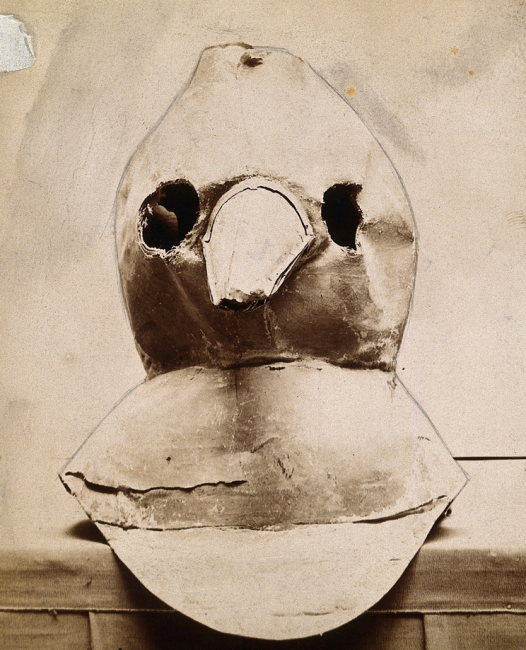
“How Pandemics Change History”
In “How Pandemics Change History,” Isaac Chotiner interviews Frank Snowden, Andrew Downey Orrick Professor of History at Yale University (New Yorker, 3 March 2020). Prof. Snowden’s online “Open Yale Course” Epidemics in Western Society since 1600 includes twenty-six streamable lectures recorded in 2010.
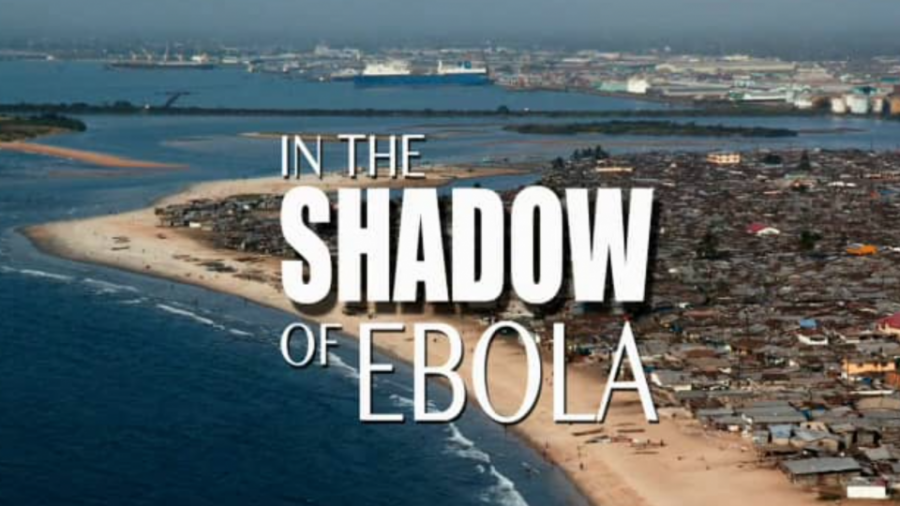
In the Shadow of Ebola is an intimate story of a family and a nation struggling against the Ebola outbreak in Liberia. Gregg Mitman, former Rachel Carson Fellow and award-winning author, filmmaker, and teacher, follows a Liberian student and his family living divided between the United States and Liberia. As the crisis unfolds, loved ones are isolated in Monrovia where the government is shut down, schools and markets are closed, and food prices are rising. The director’s cut (26 minutes) is free to stream.
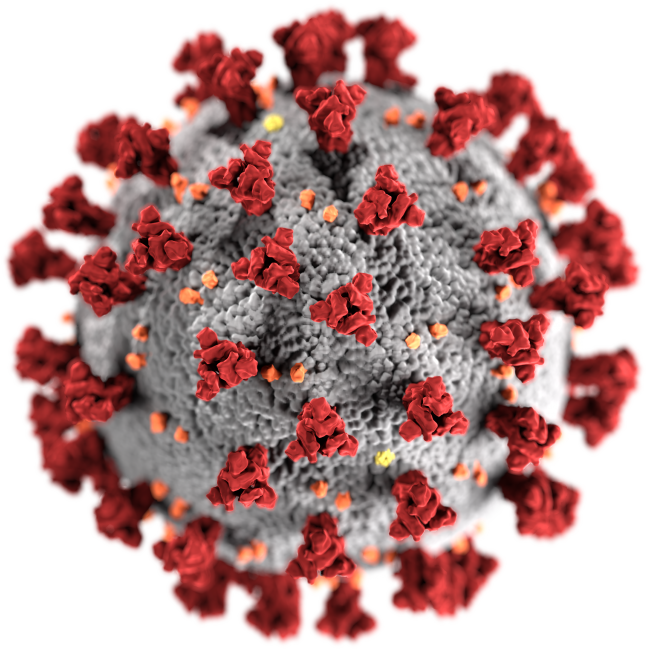
Syllabi on pandemics
This new and growing web resources collection of annotated links to open-access media (analyses, primary sources, and digital resources) helps put pandemics in context. For example:
Northeastern University Profs. Sari Altschuler and Elizabeth Maddock Dillon have compiled a community-sourced Humanities Coronavirus Syllabus with focus on epidemics in literature, arts, philosophy, and religion, and many links to digital media. Teaching COVID-19: An Anthropology Syllabus Project is a developing document designed to collect and share resources for anthropologists and other social scientists teaching about COVID-19.

COVID Calls Podcast
On his podcast “Slow Disaster,” historian Scott Knowles hosts COVID-Calls, conversations with international experts on history and humanities aspects of the current pandemic.

“Diseases and Pests in History”
Rachel Carson Center’s open-access journal Arcadia: Explorations in Environmental History features a special collection on “Diseases and Pests in History.” The collection explores historical perceptions and management of diseases and pests as well as broader environmental, political, and ethical implications of pest and disease control. It is curated by Pavla Šimková and Patrick Kupper. Arcadia has also published other relevant articles such as Kseniya Barabanova’s “The First Cholera Epidemic in St. Petersburg” and Cindy Ermus’s “The Plague of Provence: Early Advances in the Centralization of Crisis Management.”

“Troubling Species: Care and Belonging in a Relational World”
The articles in the RCC Perspectives volume “Troubling Species: Care and Belonging in a Relational World,”explore some of the intricacy, ambiguity, and even irony in our perceptions and approaches to “multispecies” relations. What constitutes a pet or a pest, or defines something wild or domesticated? The knowledge and motives behind such classifications direct our ways of caring for and about other beings with whom we share our worlds, from culling for conservation to rehabilitation for research animals. But the categories and the types of care we assign are very often tenuous and troubled in nature.
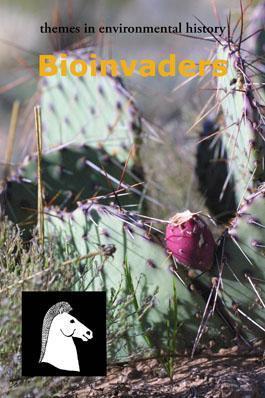
Bioinvaders
Fourteen environmental historians investigate the rhetoric and realities of exotic, introduced, and “alien” species. The book comprises several general essays, exploring and challenging common perceptions about such species, and a series of case studies of specific species in specific contexts. Its geographical coverage ranges from the United Kingdom to New Zealand by way of South Africa, India, and Palestine; and the essays cover both historical and recent introductions.
Johnson, Sarah, ed. Bioinvaders. Themes in Environmental History Series. Cambridge: The White Horse Press, 2010.



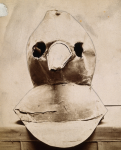

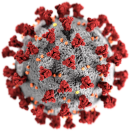

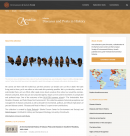

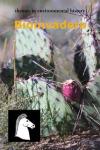
- Previous chapter
- Next chapter


